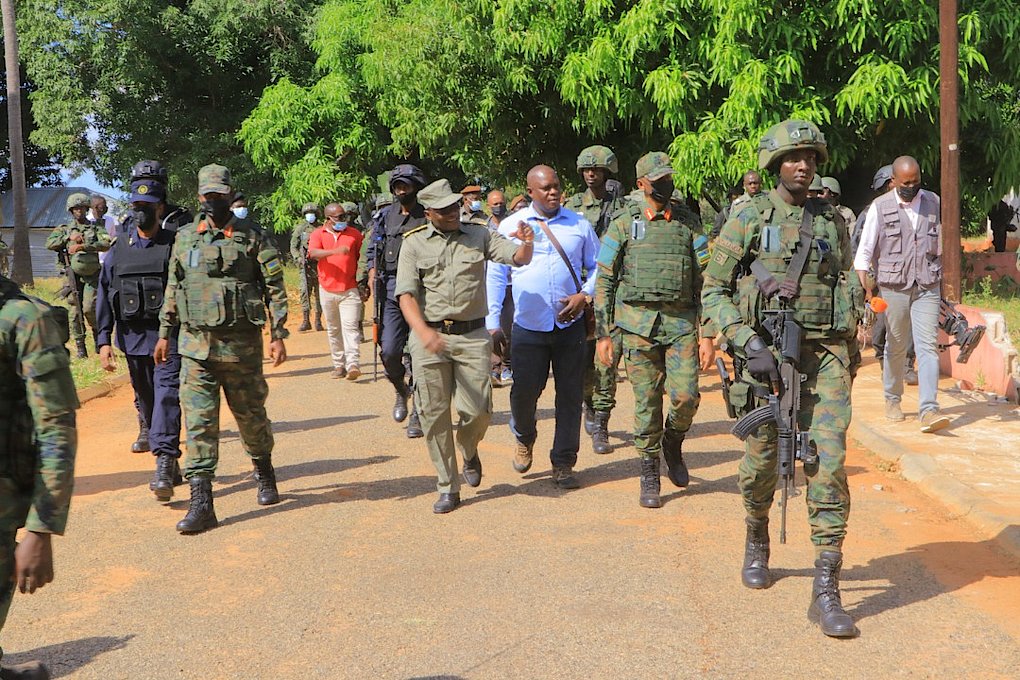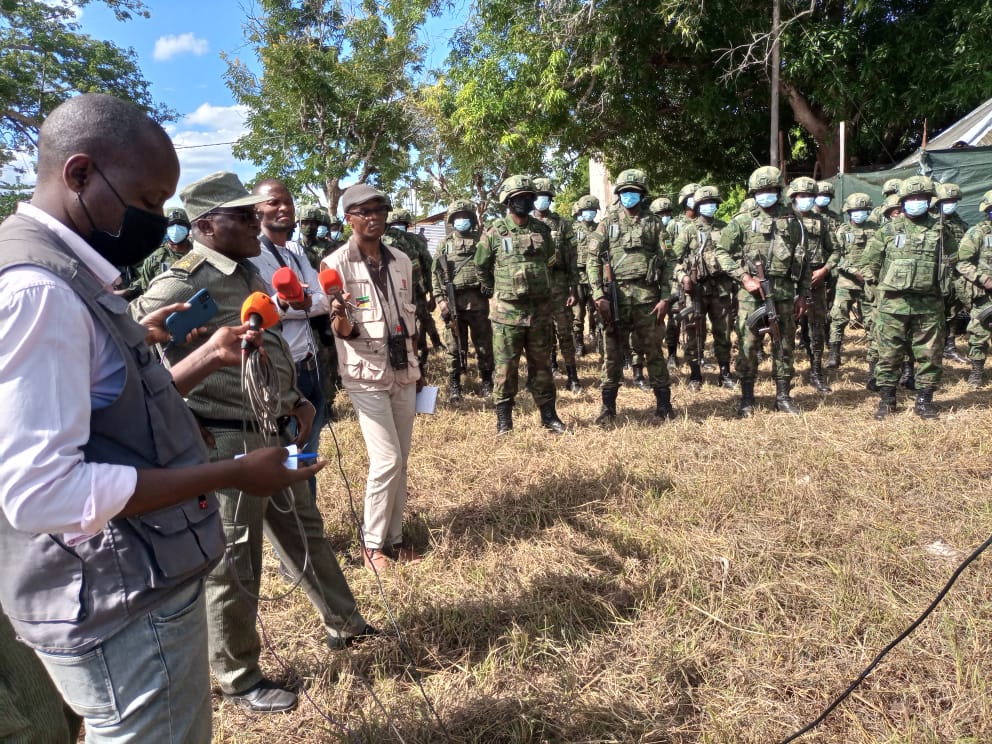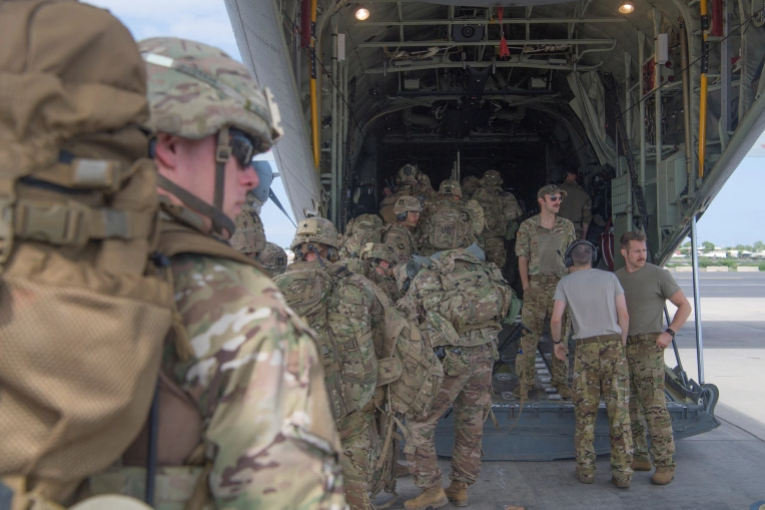Judging by precedent, the iPhone 14 will launch on a Tuesday in September, and a leaker has now given us a good idea of which Tuesday we should mark in our calendars.
According to the Apple-focused site iDropNews, based on information from its own sources, the Apple September Event in 2022 will take place on September 13 - that's right in the middle of the month, basically when we expected it.
Take this date with a pinch of salt for now, because so far in advance, it's possible that this date is just a placeholder for Apple. The company could push the date for a variety of reasons if needs be - and the leaker might just be wrong.
The leaker does say that Apple will host one event on the 13th, and it might not be the iPhone 14 launch - but since Apple tends to host its iPhone launches on Tuesdays in September, the timings line up.
The leaker has suggested lots of extra gadgets are coming besides the iPhone 14, though there's nothing mentioned that we haven't heard before. Apparently, there will be four iPhone 14s (the standard model is said to come alongside a Max, Pro and Pro Max version), the Apple Watch 8 alongside an 'Extreme Edition' for more outdoorsy pursuits, the more affordable Apple Watch SE 2, the AirPods Pro 2, and the new iPad (2022).
With all those new products, it's possible that the company will host two launch events like it did in 2020 - then, we saw new iPads and Apple Watches earlier than the year's iPhones. If this happened then September 13 would likely just be for the non-iPhone devices, following the way it happened in 2020, with the iPhone 14 family arriving later.
Since Apple generally announces its launch events a week before they happen, we'll likely have to wait until September 6 to see if something is happening on the 13th - though leakers might tell us what to expect first.












